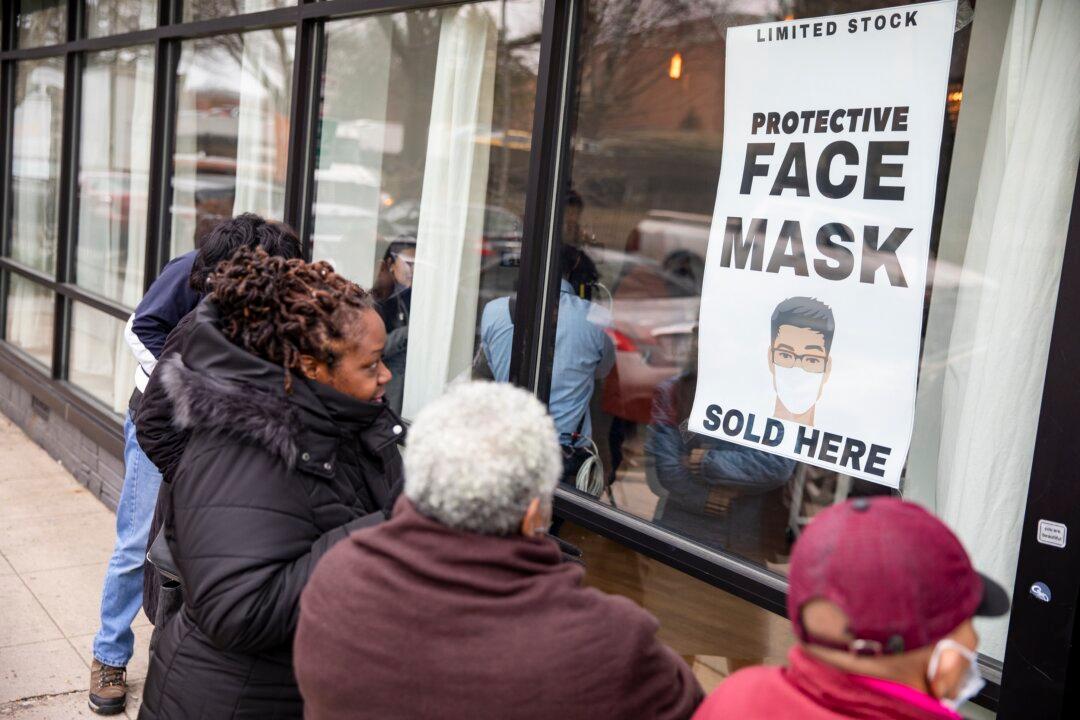A patient in Indiana tested positive for the disease caused by the new coronavirus, officials said, prompting Gov. Eric Holcomb to declare a public health emergency.
A sample tested at the state laboratory came back positive but will be confirmed by the Centers for Disease Control and Prevention (CDC). For now, the case is being treated as confirmed.





